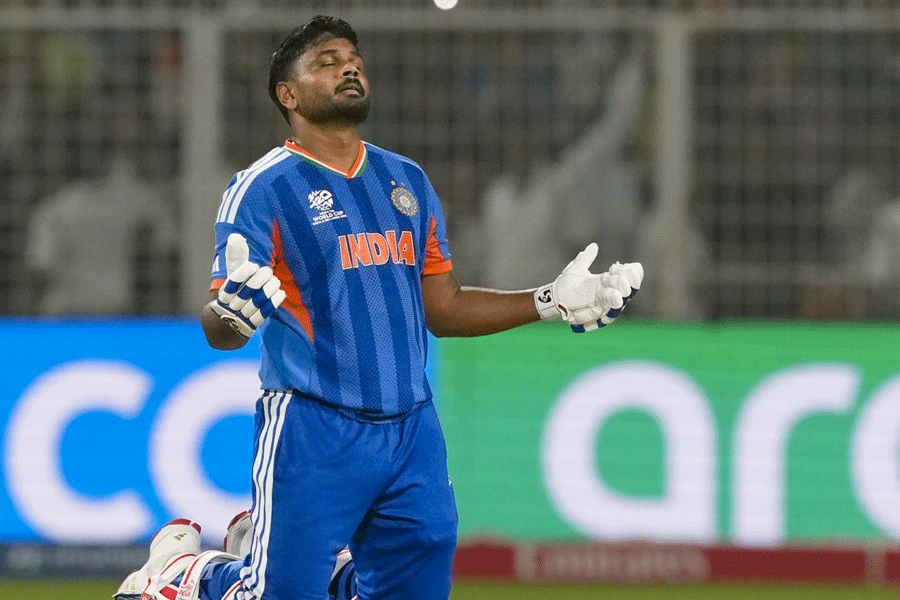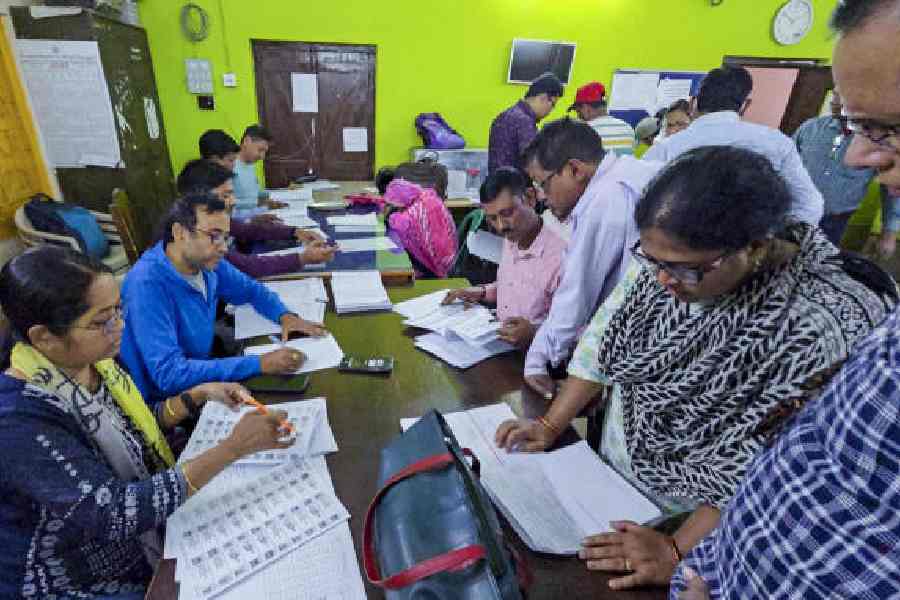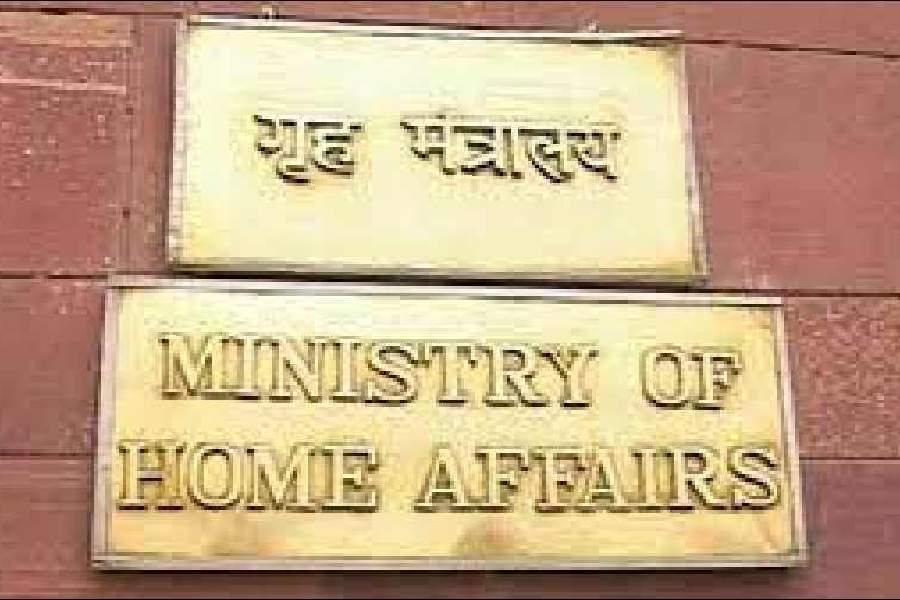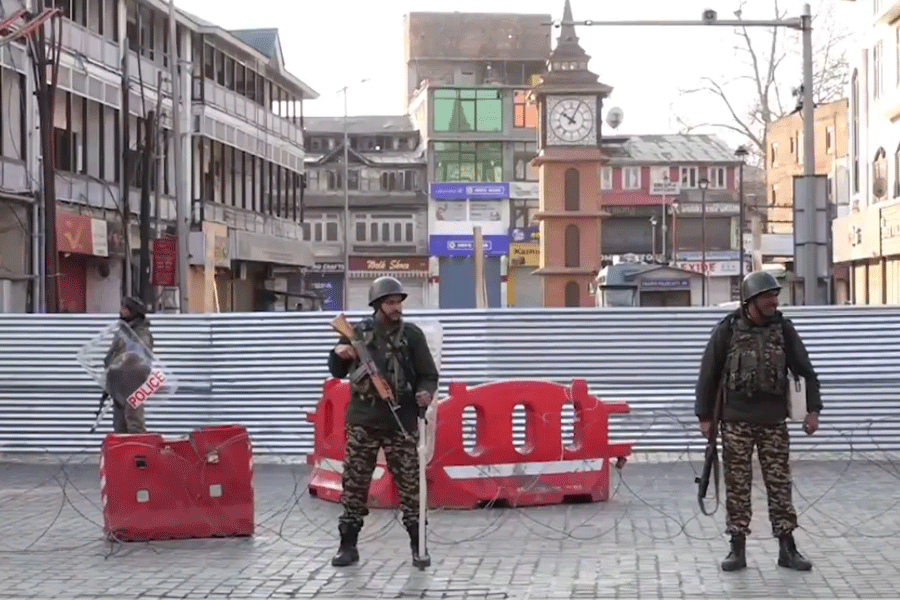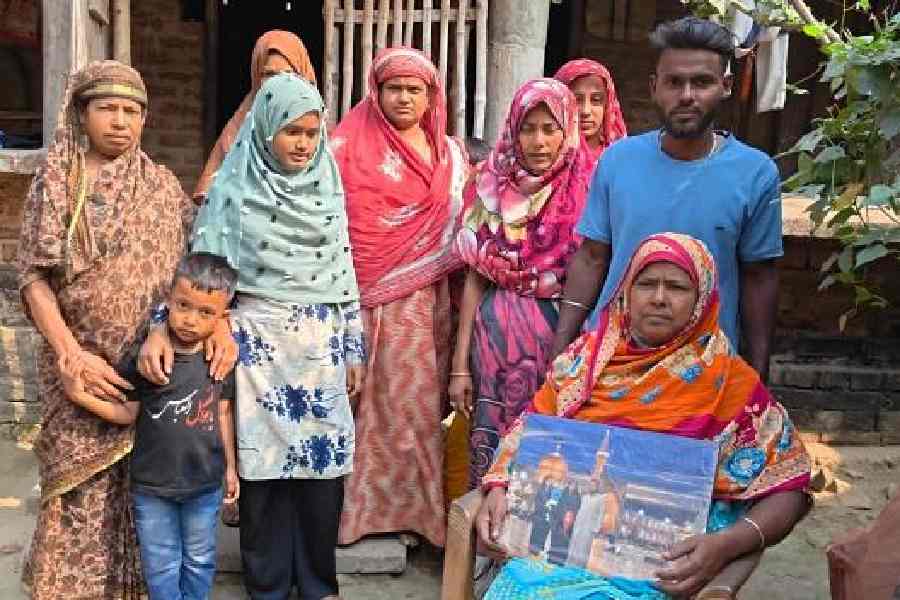The government on Friday said it is working on a strategy to ensure not a single drop of water flows from India into Pakistan and asked chief ministers to ensure no Pakistani stays in the country beyond the stipulated deadline as security forces intensified anti-terror operations in the hunt for the Pahalgam killers.
Amid increasing Indo-Pak tensions over the carnage in Pahalgam on Tuesday that left 26 civilians, mostly tourists dead, Indian military sources said there were incidents of small arm firing at some places on the Line of Control(LoC) initiated by Pakistan on Thursday night. The sources said the Indian Army effectively responded to the firing and there were no reports of any casualties.
A security review meeting was held in Srinagar during which Jammu and Kashmir Lieutenant Governor Manoj Sinha said every perpetrator of the attack must be hunted and made to pay a heavy price for the dastardly act. Chief of Army Staff General Upendra Dwivedi was among those who attended the meeting.
The LG asked the Army Chief to take effective steps not only to bring those responsible for the Pahalgam attack to justice but also to intensify efforts to crush infrastructure of terrorism and its ecosystem. Sinha posted his comments on X.
Security forces, meanwhile, were on high alert after inputs suggested that terrorists are "actively planning" an attack on vulnerable railway infrastructure, Kashmiri Pandits and non-locals working in the Valley, officials said.
Home Minister Amit Shah held a meeting to discuss the future course of action on the Indus Waters Treaty(IWT) of 1960 with Pakistan, which has been kept in abeyance by India following the Tuesday attack.
After the meeting, Jal Shakti Minister C R Paatil said Prime Minister Narendra Modi has issued a slew of directives, and that the meeting was held to follow up on them and Shah made several suggestions at the meeting for their effective implementation.
"We will ensure that not a single drop of water flows into Pakistan from India," he said in remarks seen as tightening the screws on Pakistan.
Sources said the government is working on a long-term plan to ensure the effective implementation of its decisions.
Shah called up the chief ministers of all the states and asked them to ensure that no Pakistani stays in India beyond the deadline set for leaving the country.
After Shah's telephonic conversations with the chief ministers, Union Home Secretary Govind Mohan held a video conference with the chief secretaries of all the states and asked them to ensure that all Pakistani nationals whose visas were revoked must leave India by the fixed deadline.
The government has revoked 14 categories of visas, including those of business, conference, visitor and pilgrim, given to Pakistani nationals following the terror attack. The multiple deadlines end on April 29.
Special teams of National Investigation Agency (NIA) have also started reaching out to eye-witnesses including tourists who survived the attack carried out by Pakistan-based Lashkar-e-Taiba (LeT) terrorists.
As the massive hunt for the Pahalgam killers were underway in the dense forest near the meadow where the attack took place, officials said the house of two Let terrorists, including the prime suspect, were destroyed when explosives believed to be stored there went off.
The incidents took place during the intervening night of Thursday and Friday, when the residences of Aadil Hussain Thokar and Asif Sheikh were being searched by security forces at Guree village in Bijbehara and Tral respectively in south Kashmir, the officials said.
Explosives were believed to have been found at the premises during the search operation, prompting the security forces to evacuate the occupants of the houses as well as neighbours to safety, the officials claimed.
Both the houses were damaged in the explosions, the officials said.
While Thokar, a resident of south Kashmir's Anantnag district, is one of the key accused, Sheikh, a resident of Tral in Pulwama district, is suspected to be involved in the terror plot.
The family members of both men have claimed they are not aware of the whereabouts of Thokar and Sheikh.
Security agencies on Tuesday released the sketches of three of the five to seven men suspected to be involved in the terror attack. They are all Pakistanis, officials said, identifying them as Asif Fauji, Suleman Shah and Abu Talha.
They had code names -- Moosa, Yunus and Asif -- and were earlier involved in terror-related incidents in Poonch.
As part of the anti-terrorist operation, security forces have mobilized Unmanned Aerial Vehicles( UAVs), drones and sniffer dogs.
A two-minute silence was also observed at the Friday gathering at the historic Jama Masjid in Srinagar to mourn the Pahalgam killings.
Mirwaiz Umar Farooq, who led the prayers, later described the terror attack as "beyond belief" and "totally unacceptable".
"The killings have pierced our hearts. We heard that these people were first asked about their religious identities and then murdered in front of their families. This is an act beyond belief," the Mirwaiz said in his address to the congregation.
Senior officials of the Ministry of External Affairs (MEA) briefed New Delhi-based envoys of around 45 nations on the Pahalgam attack and its link to cross-border terrorism, people familiar with the matter said.
Diplomats from Latin America, Africa and West Asia attended the briefings, the people cited above said.
On Thursday, India briefed senior diplomats of most of the G20 countries and several of its close strategic partners on the terror attack.
Jammu and Kashmir Chief Minister Omar Abdullah said the Indus Water Treaty with Pakistan was the "most unfair document" to the people of the Union territory and they have never been in favour of it.
"Government of India has taken some steps. As far as Jammu and Kashmir is concerned, let's be honest we have never been in favour of the Indus Water Treaty," Abdullah told reporters after a meeting with various tourism, trade and industry bodies in Srinagar.
After reaching Srinagar, Leader of Opposition in the Lok Sabha and Congress leader Rahul Gandhi said the idea behind the Pahalgam attack was to divide the people of the country and it was imperative that India stood united to defeat terrorism once and for all.
Except for the headline, this story has not been edited by The Telegraph Online staff and has been published from a syndicated feed.


